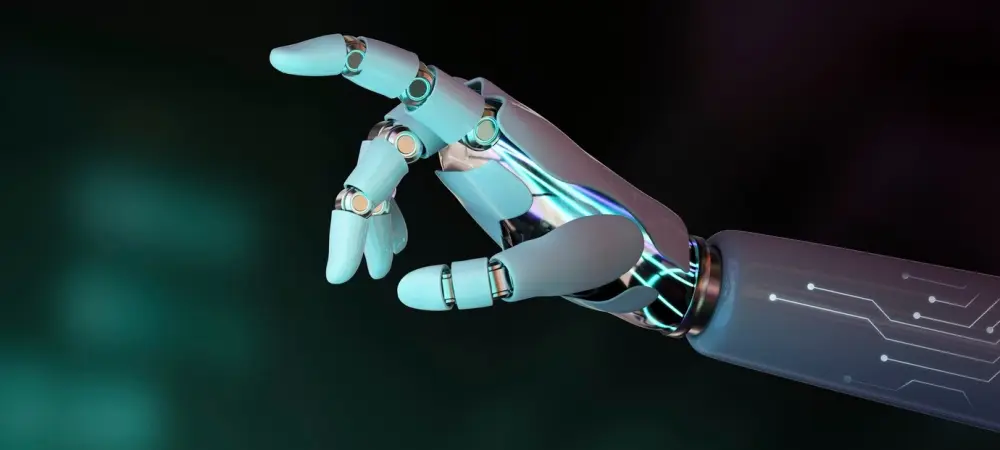The landscape of artificial intelligence (AI) has witnessed remarkable transformations, with on-device AI leading the charge as a vital game-changer. In a world where digital security and efficiency reign supreme, the ability to execute AI on the device itself is becoming a cornerstone of technological evolution. This advancement promises to redefine user privacy, streamline processing, and support network infrastructures, especially in the context of mitigating network congestion and enhancing data security. This analysis will delve into current trends, real-world applications, expert insights, and the future outlook surrounding on-device AI.
Current Trends in On-Device AI
Data and Adoption Statistics
On-device AI has experienced significant growth as organizations and consumers alike prioritize data privacy and performance efficiency. Recent statistics reveal substantial adoption, with on-device AI technologies seeing an average annual growth rate that outpaces cloud-based solutions. Reports from leading industry analysts suggest that organizations implementing on-device AI can expect not only cost savings but also enhancements in user experience due to reduced lag times and increased data security. The trend shows no signs of abating, with forecasts indicating continued growth and greater market share for on-device AI solutions.
Real-World Applications
On-device AI is not just theory; it’s a reality seen in numerous everyday applications. From smartphones that unlock with facial recognition to smart home devices that adjust settings based on user preferences, the variety of implementations is vast. Major tech companies are at the forefront of this movement. Apple, for instance, has incorporated powerful AI chips into its devices, allowing complex tasks like image processing and voice recognition to be handled locally. Such innovations are pushing the boundaries of what’s possible, fostering enhancements in user products while maintaining a focus on privacy and efficiency.
Expert Opinions and Industry Insights
Industry experts highlight on-device AI as a critical development in the broader AI landscape. Thought leaders assert that its ability to function independently of cloud infrastructures not only enhances privacy but improves AI’s responsiveness. This local processing capability is particularly significant in sectors where real-time data analysis is crucial, such as healthcare and autonomous vehicles. However, experts also caution about the challenges, including the need for more advanced hardware and potential increased costs. Despite challenges, the consensus is clear: on-device AI stands as an indispensable piece of the future AI ecosystem.
Future Outlook and Implications
The future of on-device AI appears promising, with implications reaching far across multiple industries. As devices grow smarter and more capable of processing data independently, the benefits of this technology become more apparent. Real-time processing will likely become standard in many applications, leading to advancements in fields like augmented reality, personalized marketing, and more. Yet, this evolution is not without challenges; the need for sophisticated hardware may increase device costs, and ensuring security remains paramount. Nonetheless, the potential for innovation, efficiency, and enhanced privacy makes on-device AI a compelling area of focus for future developments.
Conclusion and Forward-Looking Statements
As the analysis concludes, it becomes evident that the pursuit of on-device AI presents a multitude of opportunities and challenges for technology companies. Apple’s strategic emphasis on enhancing these capabilities showcases a dedication to privacy, security, and performance that aligns well with broader AI trends. Looking forward, the path involves navigating technological hurdles while capitalizing on ever-growing capabilities. Companies advancing on-device AI will likely contribute significantly to shaping a future defined by smarter, secure, and sustainable technological solutions. The journey toward fully integrated on-device AI solutions is a pivotal one that requires innovation, foresight, and occasional recalibration to fully achieve its transformative potential.

